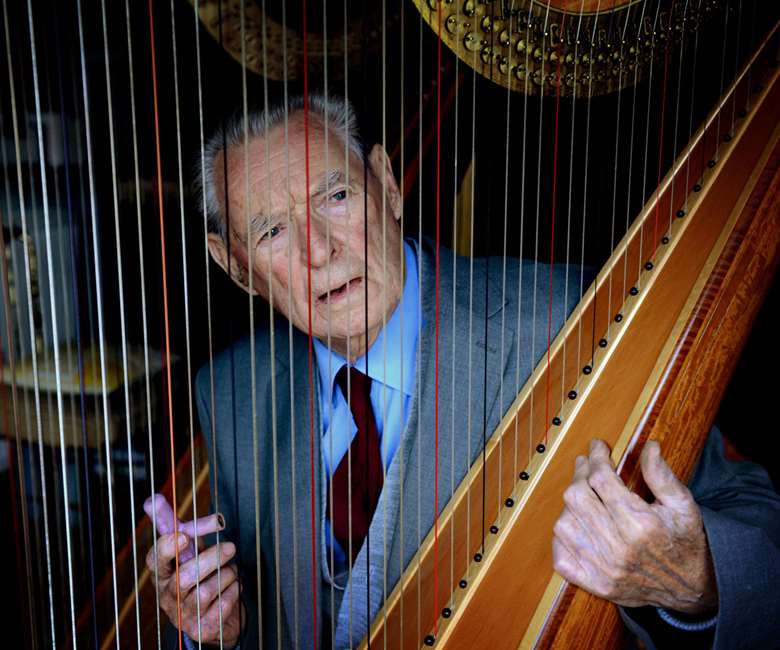Osian Ellis: a tribute to the great Welsh harpist
Thursday, January 21, 2021
Geraint Lewis remembers a much-loved artist who inspired composers including Britten

Register now to continue reading
Thanks for exploring the Gramophone website. Sign up for a free account today to enjoy the following benefits:
- Free access to 3 subscriber-only articles per month
- Unlimited access to our news, podcasts and awards pages
- Free weekly email newsletter








